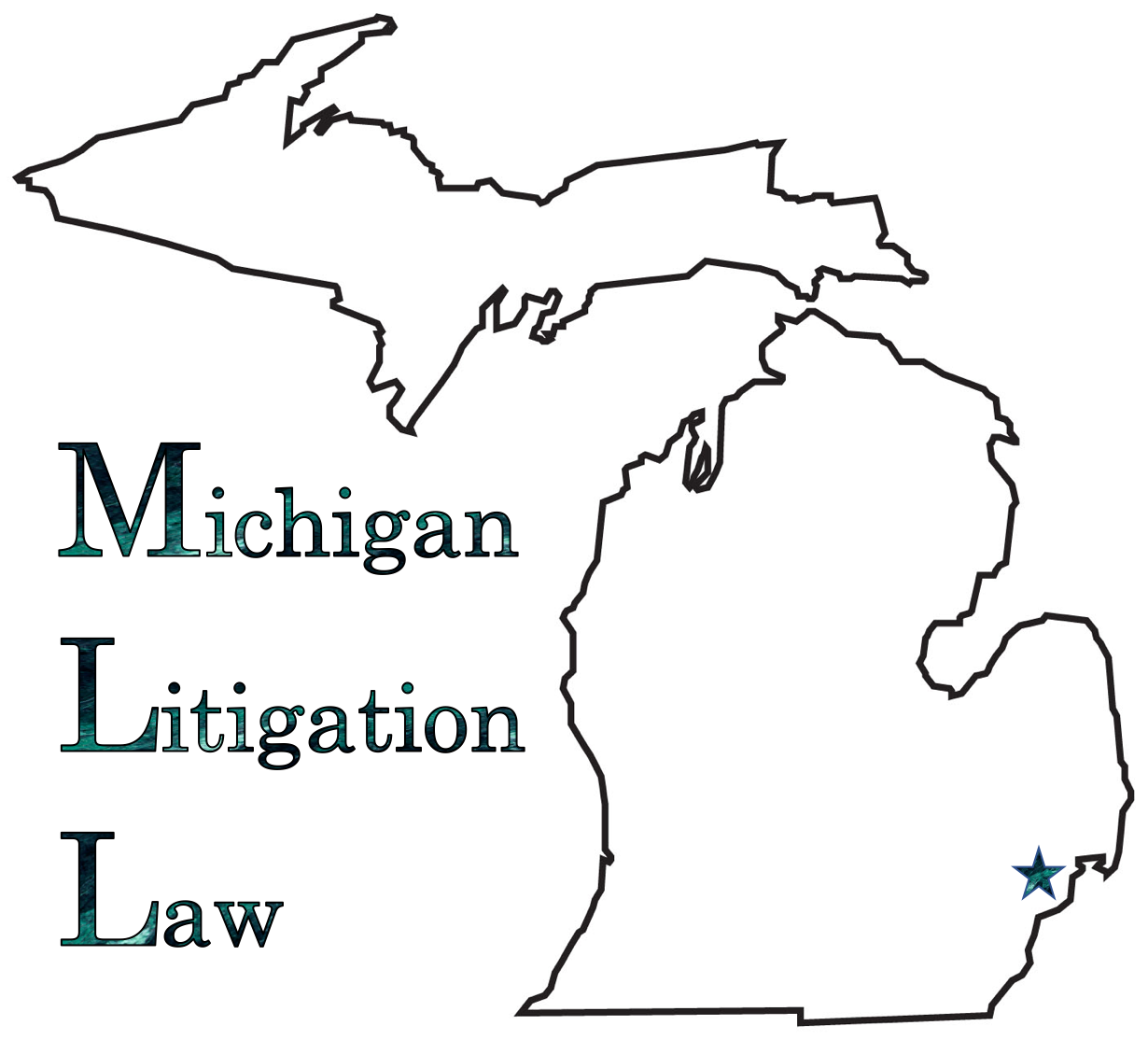Individual Liability for Civil Rights Violations
The majority of federal appellate courts have held that there is no individual liability for supervisors under Title VII, the ADEA, or the ADA. See Wathen v General Elec, 115 F3d 400 (6th Cir 1997) (individual employees are not subject to liability for sexual harassment under Title VII); Hall v State Farm Ins Co, 18 F Supp 2d 751 (ED Mich 1998) (generally, individual liability is not allowed under Title VII, unless individual qualifies as “alter ego” of employer).
Under Michigan law, individuals may be liable for acts of employment discrimination and retaliation. In Jager v Nationwide Truck Brokers, Inc, 252 Mich App 464, 652 NW2d 503 (2002), the Michigan Court of Appeals, relying largely on federal precedent, held that individual supervisors could not be held liable for discrimination or harassment under the ELCRA. Subsequently, in Rymal v Baergen, 262 Mich App 274, 686 NW2d 241 (2004), the court of appeals held that Jager did not apply to retaliation cases because contrary to MCL 37.2202(1), which prohibits an “employer” from engaging in discriminatory practices, MCL 37.2701, the antiretaliation provision of the ELCRA, prohibits a “person” from retaliating, and a “person” includes an “individual.”
Jager was overruled in Elezovic v Ford Motor Co, 472 Mich 408, 697 NW2d 851 (2005), where the supreme court concluded that inclusion of an agent within the definition of the word employer is not limited to establishing vicarious liability for the agent’s employer, but in fact means that agents are considered employers. The court found that federal decisions construing Title VII should not be followed because it would lead to a result contrary to the text of the ELCRA.
Individual state officials are subject to liability under 42 USC 1983 except where the suit is in effect a suit against the official’s office and no different from a suit against the state itself. Hafer v Melo, 502 US 21 (1991). State officials are absolutely immune when acting in a legislative or judicial capacity and have qualified immunity when acting in an administrative capacity.
The coverage of 42 USC 1981 is limited to situations genuinely involving a contract, including employment. Most courts follow the view that privity of contract between the plaintiff and the defendant is not required, and therefore employees may bring claims against culpable individuals including directors, officers, and supervisors if they interfere or attempt to interfere with the plaintiff’s contractual relations by engaging in acts of employment discrimination. Nieto v United Auto Workers Local 598, 672 F Supp 987 (ED Mich 1987).
Some courts have assumed that the contract requirement bars 42 USC 1981 suits against individual supervisors or coworkers.

